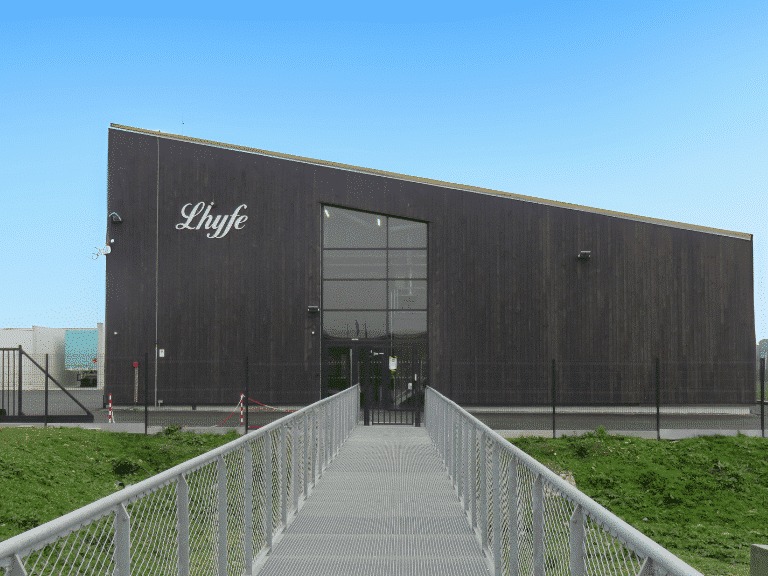Lhyfe and Fives’ MoU Signals the Importance of Hydrogen Safety

French company ‘Lhyfe’ have signed a ‘Memorandum of Understanding’ with ‘Fives’ (A world leader in industrial combustion). Lyhfe, a global pioneer in the production of renewable hydrogen, are hugely successful within the green-energy industry.
They produce hydrogen via the electrolysis of water, at production units powered by renewable energy. The company’s first site has been operational since the second half of 2021, and two further sites were inaugurated in 2023 and several other sites are being built or extended across Europe.
Their prior success shows that the company requires no assistance with their knowledge of the industry, production or company expansion. The MoU actually signifies a need for knowledge and understanding on how to safely provide complete decarbonisation within industries such as metal, glass and cement – from hydrogen production to combustion.
“This offer speeds up the energy transition”
“By facilitating the use of hydrogen in process industries, without needing to modify all the equipment. Lhyfe will produce and supply green hydrogen and Fives will provide optimised and safe solutions for its use in industrial combustion processes” Lyhfe and Fives jointly commented.
Ensuring safety in hydrogen use in industrial combustion processes, is crucial due to the unique and potentially dangerous properties of hydrogen. As a highly flammable gas, hydrogen ignites more easily than many other fuels and has a wide flammability range, making it critical to implement strict safety measures.
Leak detection systems are essential since hydrogen is colorless and odorless, needing continuous monitoring to prevent accidental ignitions. Ventilation systems are also crucial to disperse any leaked hydrogen and prevent it from reaching unsafe levels.
Although using hydrogen presents risks, the rewards for the environment mean the gas is worth the trouble. In recent years, the combustion of hydrogen, which emits no CO2, has emerged as one of the most promising solutions for reducing the carbon footprint of industrial processes.
An example of its benefits (provided by Fives) could be; a secondary aluminium furnace that today produces 120 tonnes per day using natural gas would tomorrow reduce its annual CO2 emissions by more than 4,000 tonnes with the use of hydrogen.
Although the exact details of Fives and Lhyfes’ partnership are not known, we can speculate on how they might work to make sure their decarbonisation of industrial industries is safe. In terms of equipment and infrastructure, it’s important to use materials that can withstand hydrogen embrittlement, a phenomenon where hydrogen can weaken metals.
Proper pressure management for storage and transport systems helps mitigate the risk of explosions. Additionally, eliminating potential ignition sources in areas where hydrogen is used or stored is a fundamental safety practice.
Matthieu Guesné, Founder and CEO of Lhyfe
“We are in a pivotal period in the industrial sector and in particular in industrial combustion. After several years of development, hydrogen solutions are now mature and available on the market regionwide. We are proud and delighted to sign this agreement with a company such as Fives, which is helping to accelerate energy transition in the glass, cement and metals industries, thanks to turnkey solutions for their processes.”
Frédéric Thrum, Deputy General Manager of Fives and President of the Energy Division
“As a pioneer in decarbonisation, Fives supports industrial companies in their energy transition, in particular their switch to hydrogen. Our unique and innovative combustion systems are developed to reduce the environmental impact of our customers around the world. We are proud to be partnering with Lhyfe, to respond together to the urgency of climate change and make industrial processes more sustainable and efficient.”
In conclusion, the MoU and thus collaboration between Lhyfe and Fives not only supports the sustainable integration of hydrogen into industrial applications, but also highlights the importance of safety within broader decarbonisation objectives, fostering a safer and greener industrial future.

